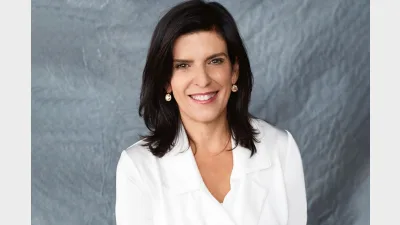Super funds lag on pay equity strategies or plans


Superannuation funds are not doing much when to creating a pay equity strategy or action plan after conducting a pay gap analysis, according to the Workplace Gender Equality Agency (WGEA).
While 53.9 per cent of the super industry is female, only 33.3 per cent of funds have a specific gender pay gap equity objective included in formal policy or strategy.
The WGEA also found that only 10 per cent of employers created a pay equity strategy or action play following a remuneration gap analysis.
After conducting a remuneration gap analysis half of super funds said they identified cause/s of the gaps, 20 per cent reviewed the remuneration decision making process, 20 per cent analysed performance pay to ensure there was no gender bias (including unconscious bias), 40 per cent analysed performance ratings to ensure there was no gender bias, and 20 per cent analysed performance pay to ensure there was no gender bias.
Only 10 per cent trained people-managers in addressing gender bias (including unconscious bias), 50 per cent corrected like-for-like gaps, and while 60 per cent reported pay metrics to an executive, only 20 per cent reported to the board.
However, remuneration gap analyses are on the rise with 56.3 per cent of employers conducting one within the last 12 months, compared to zero per cent between two to four years ago.
The gender pay gap was the highest when it came to key management personnel at 21.7 per cent, followed by other executives/general managers (20.5 per cent), other managers (20.1 per cent), and senior managers (14 per cent).
The WGEA data found only 5.9 per cent of chief executives were female, 30.9 per cent were key management personnel, and 32.2 were other executives/general managers. Senior managers and other managers was where the gap seemed to be closing at 40.9 per cent and 42.6 per cent respectively.
Recommended for you
Peri and menopause training founder and TV journalist Shelly Horton has hit back at calls for businesses to introduce menopause leave.
Former federal MP Julia Banks insists that all women can use their personal power to advocate a more inclusive workplace and support other women.
After a successful inaugural event last year, the Women in Finance Summit is returning in 2024 with more business insights and networking opportunities.
Super Review is now accepting nominations and submissions for the Women in Finance Awards, to be held in November 2024.













Perhaps the "bias" can start to be overcome with "Women In Super" circulating job vacancy advertisements to all employees at a Fund, not just the females. That way the male employees, who they push to help with projects such as Mothers Day Classic, won't continue to suffer discrimination.